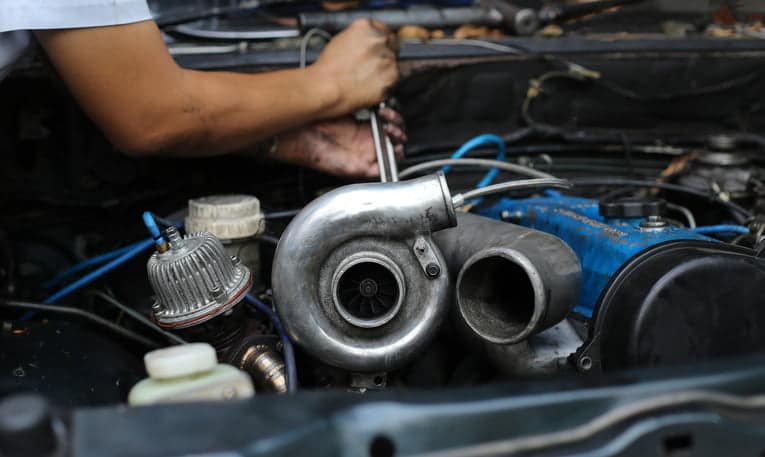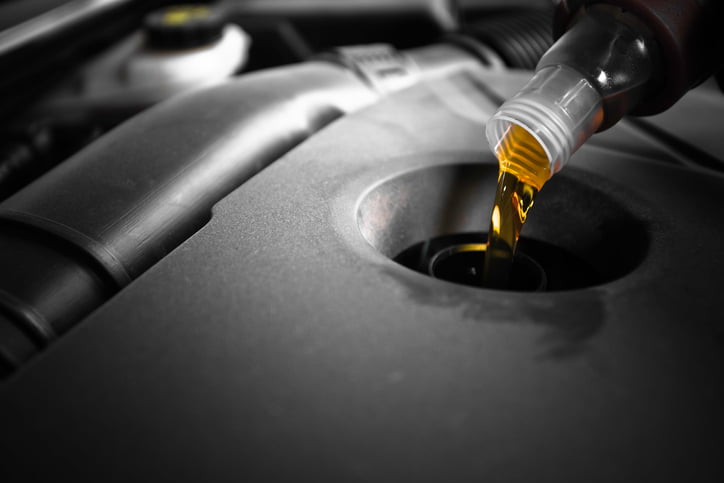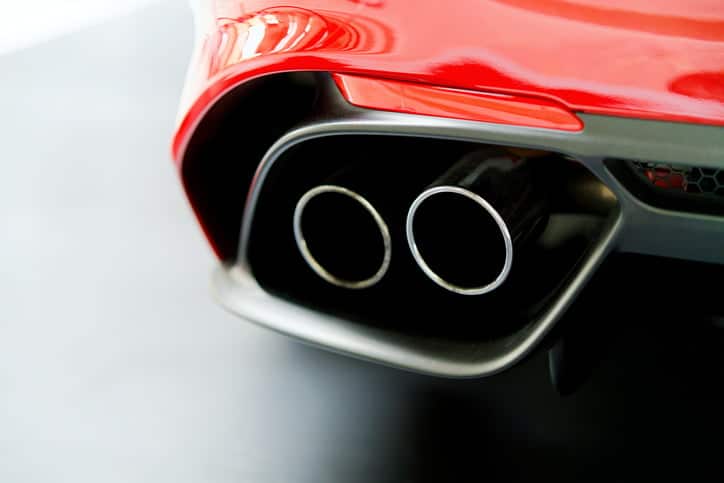There are many benefits to making sure your car’s engine is in good health and working order.
- For one, it’ll live longer, and will be less likely to suffer breakdowns as it ages.
- You’ll also enjoy lasting performance, with minimal dips in speed, responsiveness and fuel efficiency.
- And, regular engine maintenance will help the car’s value, making it easier to shift it should you decide to sell on.
So, whether you’re looking to improve your fuel economy and performance or simply want to learn more about how your engine works and ways to keep it in good nick – our guides cover the basics of good engine health.
Explore our ‘how to’ guides and engine health features below.
1. What Are the Different Types of Car Engine?
New to car maintenance? Let’s start with the basics. Our guide to the different types of car engines can help you get to grips with what’s going on beneath the bonnet, so you can more easily diagnose problems when they occur. We cover how engines work and look at common layouts and cylinder configurations, giving a broad picture of what to look out for when you pop the bonnet on your own car.
2. How to Find Out What Type of Engine Your Car Has
Not many drivers know exactly what type of engine is in their car, and that can be a problem when looking for new parts and components. This guide offers practical steps on finding a car’s engine type using the vehicle identification number, including tips on how to find and decode the VIN. So, whether you need a replacement part or are thinking of buying a used car, this guide can help.
3. Six Ways to Recognise the Signs of Car Engine Damage
When your car’s engine has sustained damage, it’s not always easy to spot, meaning that many drivers accidentally overlook or ignore tell-tale symptoms. To avoid wrecking your engine completely, it’s good to know what these signs are so you can act before it’s too late. From suspicious noises to excessive smoke, this guide covers how to recognise something’s wrong with your car’s engine.
4. Buying a Used Car? Here Are 5 Engine Health Checks You Need to Do
While used cars can look tidy on the outside, it’s tough to know what’s really going on beneath the bonnet. No one wants to end up with a car with hidden problems, so it’s worth taking the time to check the engine’s health before you strike a deal. Here, we look at five basic engine health checks that will help you steer clear of anything dodgy and find a car you can rely on.
5. What is Engine Braking and Can It Harm Your Car?
While the footbrake is the fastest and safest way to slow down a car, there is another technique used by some drivers – and that’s engine braking. In this guide, we cover the basics of what engine braking is, how it could benefit the way you drive, and whether it’s likely to damage your car. We also show you how to engine brake, so you can give it a try and see if the technique works for you.
6. 8 Signs that Your Car’s Engine is Affected by Oil Deposits
There are lots of factors which affect the performance and health of your car’s engine, and one of them is oil deposits; when oil builds up and solidifies in key parts of the engine. Here, we list eight possible signs that your engine could be affected by oil deposits, including poor fuel economy, decreased horsepower, misfiring, overheating and slow starting.
7. What is a Turbo Engine and How Does It Work?
A turbocharged engine is seen as a desirable feature on a car’s spec sheet, but how much do you really know about them and how they work? In this comprehensive guide, we look at what turbochargers are, how they work and what they can do for your car’s performance. We even look at their history and when they were first developed, so you can impress your mates at your next car meetup.
8. 6 Ways to Protect Your Turbo Engine
Turbo engines are complex machines that need regular maintenance to keep them working as they should. If your car is turbocharged, you’ll need to invest time in giving it the special treatment it needs to perform at its best. Here, we look at six practical ways to protect your turbo engine, including tips on regular oil maintenance and remembering to let the engine cool after driving.
9. How to Clean Your Car’s Engine
To hazard a guess, we’d say only 10% of drivers bother to clean their car’s engine – and even that’s optimistic. The thing is, cleaning your engine does have its benefits, and it isn’t as fiddly or time-consuming as you might think, either. This guide looks at the ins and outs of engine cleaning, from what you’ll need and basic safety tips, to step-by-step guidance on getting your engine sparkling.
Redex is committed to helping motorists enjoy a better drive, developing innovative fuel additives that improve the health and performance of your engine. For more information, visit our homepage today.


